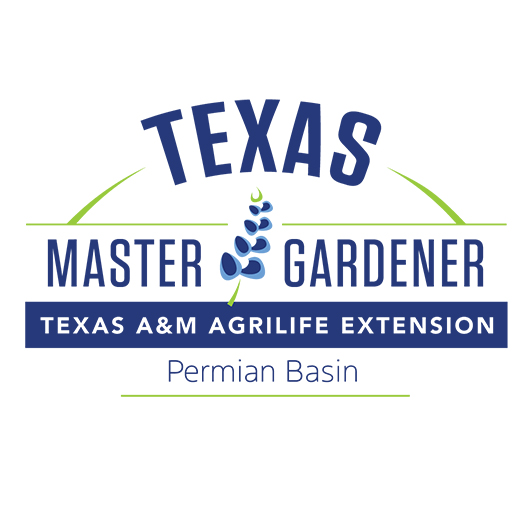By Debbie Roland and
Emmy Ulmschneider
Master Gardeners
There’s nothing like the fragrance of rosemary in a warm kitchen during cold and dreary winter days. Or the taste of fresh chives chopped on a baked potato. Or cilantro in that salsa you’re making. These herbs, as well as others, can be grown outside during the winter. If there is going to be a hard freeze (I use under 28 degrees as the cutoff) cover them with a blanket. If you use plastic you need to follow with a blanket so the plants are not burned by the freeze.
Here are some examples of herbs you might consider growing in your garden this winter.
Parsley is easy to grow. Just spread the seeds in a pot or into your garden bed. Lightly cover the seeds and press to be sure the soil and seeds are touching. Gently water every day until they sprout. Decrease water as needed after sprouting.
Cilantro looks a lot like parsley. Dried cilantro leaves have been found in very old caves in the Middle East, some dating as far back as 6,000 BC. The leaves are called cilantro but the seeds are called coriander. This spice is used in West Texas to flavor Mexican food, especially hot sauce, and it tastes great in salads.
Rosemary is an evergreen herb and native to the Mediterranean. It is easiest to start by cuttings and likes well-drained dry soil and either full or partial shade. It is a perennial and can live for many years. It can be used many ways in cooking and is a great accent plant in your flowerbeds.
Chives will grow in full sun or partial shade and are hardy and drought tolerant. Chive plants do great in containers. Set one close to your kitchen door so you can just step out and snip some for your dinner. They are used as garnishes in dishes such as baked potatoes, omelets and soups. Add them to your dish just before serving since they don’t do well when cooked too much. In mid-summer they have sport pretty lavender flowers.
There are also herbs that grow well indoors. Mint, thyme and oregano will grow indoors as long as they have a light source.
Remember that herbs grown in containers need different treatment than the ones grown in the ground. Plants grown in containers need a good potting soil not a garden soil and will require more water. Mix them with your winter garden vegetables for different look in containers or in the ground.
A few rules for herbs might be in order. Don’t be afraid to cut back your herbs. This makes them taste better and the plant will be hardier. Be sure to harvest regularly because you don’t want them to flower. If they do be sure to pinch off any blooms which will prolong the life of the plant.
Finally, and the best part, is that herbs don’t need much care. Once started you can enjoy great seasoned dishes with minimal effort.
If you have questions, call the AgriLife office in Odessa at 498-4071 or in Midland at 686-4700. Additional information, and our blog for access to past articles, is available at westtexasgardening.org. Click on “Resources.”




